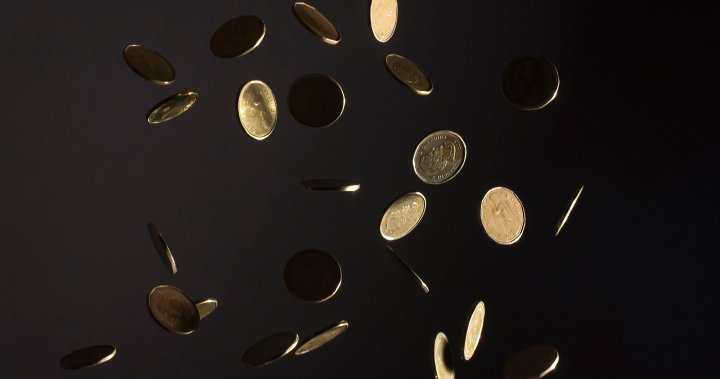A new forecast from the Bank of Montreal (BMO) is signalling that the economic situation the deputy prime minister called a “vibecession” could come to an end next year.
In a brief note to clients from BMO economist Shelly Kaushik published late Monday, the bank suggested that a decline in population growth to a “more manageable pace” and signs the economy is rebounding through monetary policy easing mean the “vibecession” should dissipate in 2025.
BMO’s note comes only a week after Deputy Prime Minister Chrystia Freeland suggested the federal government’s proposed break on GST and HST, which is making its way through the Senate, would address the “vibecession.”
“There is a disconnect between the really positive economic news, the fact that the Canadian economy does appear set for a soft landing — that’s good news — but Canadians aren’t feeling it and that is shaping their economic behaviour in ways that are not great for the Canadian economy,” Freeland told reporters last week.
Economists have also called it a “me-cession,” referencing the fact that although picture economic trends like inflation are returning to the central bank target zone, households are struggling with groceries, rent and mortgages that saw prices ramp up rapidly during the COVID-19 pandemic, and wages that have yet to catch up.
In the note, Kaushik says while the country’s gross domestic product (GDP) is still growing, that growth lags the population surge.

Get daily National news
Get the day’s top news, political, economic, and current affairs headlines, delivered to your inbox once a day.
Last week, data from Statistics Canada showed the economy grew by one per cent in the third quarter. But it was a slowdown from the 2.2 per cent annualized growth seen in the previous quarter and undershot the Bank of Canada’s call for 1.5 per cent growth.
Kaushik adds that real GDP per capita is a way to measure the standard of living, and its “deterioration” is a reason why it may “feel like a recession” for some Canadians.
The boost to the economy rebounding though could in part come from policies to encourage spending by Canadians, such as the proposed “tax holiday” on GST and HST.
If passed, consumers will see the GST — and in some provinces the HST — removed from various items, including certain groceries, children’s clothing, toys, restaurant meals and video game consoles starting Dec. 14 until Feb. 14, as the holiday season is in full swing.
Freeland said it’s about ensuring Canadians feel confidence to spend again and act on it.
Last week, TD Bank put out its own report that suggested the proposed $250 rebate cheques from the federal government, the fate of which remains uncertain amid political gridlock, would also provide stimulus to the economy and spur more Canadians to spend.
That report noted it also could lead to a slowdown in interest rate cuts as the Bank of Canada won’t have to provide extra stimulus itself.
Though not mentioned in her note, BMO last week estimated the stimulus from the “tax holiday” and cheques amounts to 0.3 per cent of GDP, but senior economist Robert Kavcic cautioned in a report that while “hefty,” it would “do little to change economic behaviour.”
–with files from Global News’ Craig Lord and The Canadian Press
© 2024 Global News, a division of Corus Entertainment Inc.


